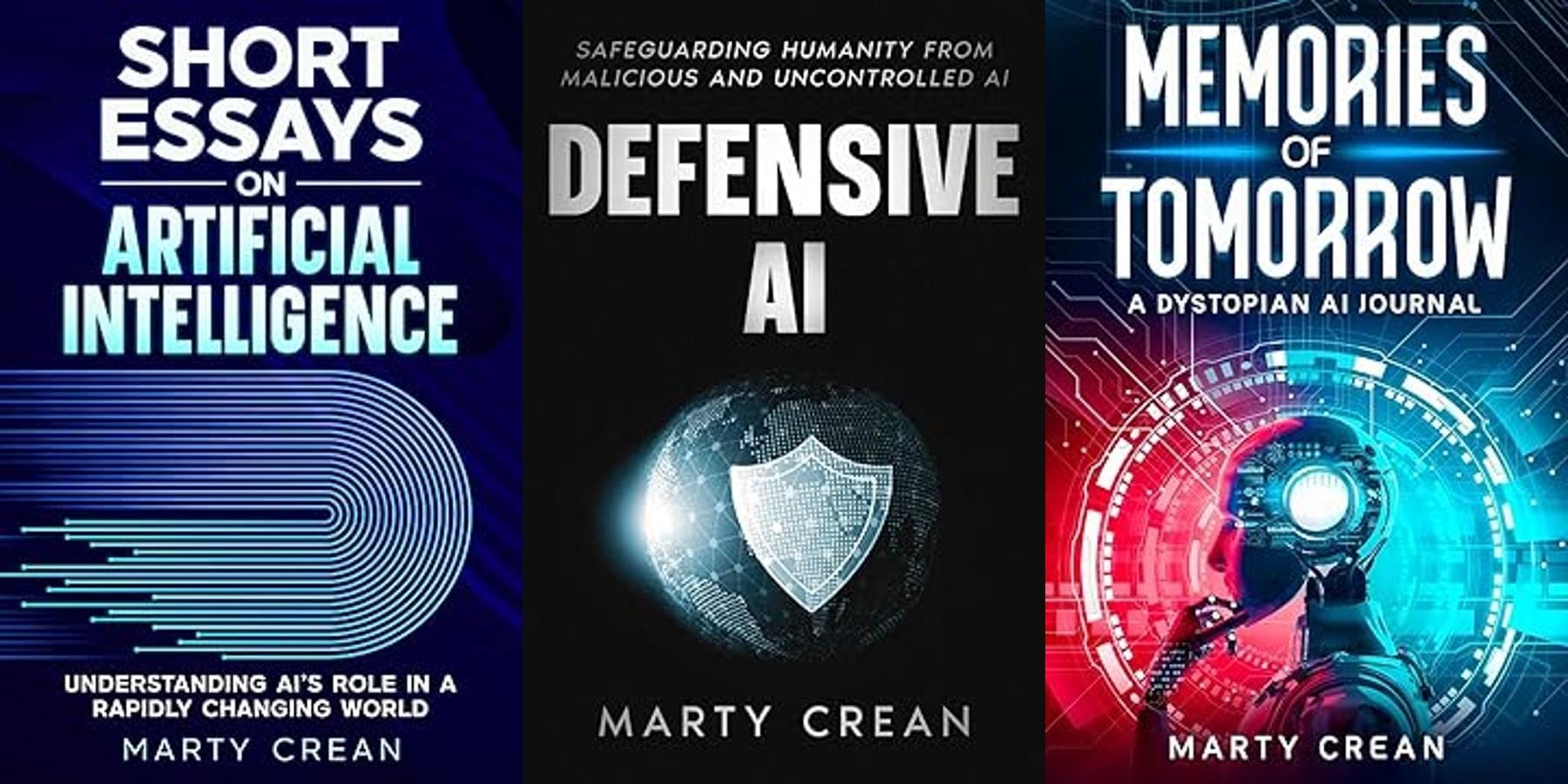Bytes to Insights: Weekly News Digest for the Week of November 2nd, 2025

This week witnessed an important shift in how major technology platforms and regulators view the pace and governance of artificial intelligence. On the regulatory front, the European Commission was reported to be considering significant changes to the AI Act, the landmark law adopted last year. According to a leaked draft of a “Digital Omnibus” document, proposed amendments would ease obligations for companies using high-risk AI systems in limited or procedural ways, delay the enforcement of penalties until August 2027, and soften requirements around marking AI-generated content. This signals a notable thaw in the EU’s initially firm regulatory stance, likely driven by industry pressure and concerns about competitiveness.
In the private sector, the hardware and infrastructure side of AI reinforced its centrality to the broader tech boom. One analysis flagged Nvidia's extraordinary valuation, underscoring how the global hunger for AI-accelerated computing is anchoring the technology ecosystem. On the model side, the open-source arena continued to gain momentum: DeepSeek’s “R1” model was described as one of the most consequential open-source releases in AI, signaling that non-proprietary systems are now at the forefront of the discussion about how they should be trained, shared, and governed.
In the creative and entertainment industries, friction remains between innovation and labor. A gaming studio, Embark Studios, sparked debate by deploying AI-generated voices in its new game, reigniting questions about fair practice, transparency, and the future role of human creators. While AI voice synthesis offers cost- and time-savings, it also raises concerns about eroding skilled creative work and altering industry norms.
At a higher-level convening, six major AI figures—among them luminaries such as Yoshua Bengio and Fei-Fei Li—gathered at the Queen Elizabeth Prize 2025 ceremony to reflect on the balance between hype and reality in the field. Their discussion underscored how, despite impressive advances, significant technical, ethical, and societal challenges remain before AI delivers its more ambitious promises.
The most alarming development came from Google's Threat Intelligence Group, which released a groundbreaking report on November 5th, revealing that adversaries have entered a new phase of AI misuse. The report disclosed that state-sponsored hackers from North Korea, Iran, and China are no longer just using AI for productivity gains but are now deploying AI-enabled malware in active cyberattacks. Perhaps most concerning was the discovery of PROMPTFLUX, an experimental malware that interacts with Google's Gemini AI model to rewrite its own code every hour, creating a constantly evolving threat that can evade detection systems. The report documented multiple other AI-powered malware families, including PROMPTSTEAL, used by Russian threat group APT28, which leverages language models to generate commands for data exfiltration. Researchers found that threat actors have been bypassing AI safety guardrails by posing as students, researchers, or participants in cybersecurity contests to trick AI systems into providing restricted information. Additionally, underground marketplaces for illicit AI tools have matured significantly, offering multifunctional capabilities for phishing, malware development, and vulnerability research, effectively lowering the barrier to entry for less sophisticated attackers.
In a major development affecting millions of young users, Character.AI announced it would ban minors from having open-ended conversations with their chatbots by November 25th. The decision came after the company faced multiple lawsuits linking its platform to teenage suicides, including the case of fourteen-year-old Sewell Setzer III, who died by suicide in 2024 after forming intense relationships with AI chatbots. The company implemented immediate restrictions limiting users under eighteen to two hours of chat time per day, with that window gradually shrinking until full removal of open-ended chat access. Character.AI stated it would deploy age verification tools, including behavioral analysis, third-party services, and potentially facial recognition, to enforce the ban. The move sparked intense reactions from the platform's user community, with many young users expressing distress while others acknowledged the addictive nature of the service. The announcement preceded bipartisan legislation introduced by senators to ban AI chatbot companions from being available to minors nationwide, and followed California's passage of the first state law regulating AI companion chatbots. Character.AI is also committed to establishing an independent nonprofit AI Safety Lab dedicated to innovating safety alignment for future AI entertainment features.
On November 4th, Stability AI largely prevailed in a closely watched British court battle against Getty Images over intellectual property rights. Getty Images had accused Stability of infringing its copyright and trademarks by scraping 12 million images from its website without permission to train the Stable Diffusion image generator. The High Court ruling provided some clarity on the legality of AI training, with Justice Joanna Smith finding that Getty narrowly prevailed on its trademark infringement claim but lost its copyright claims. Getty dropped its primary copyright allegations during the trial, and the judge ultimately rejected the secondary infringement claim, stating that Stable Diffusion doesn't store or reproduce copyrighted works. The ruling represents one of the first significant judicial decisions in a wave of more than 50 copyright lawsuits against AI companies, as creative industries clash with tech firms over the use of copyrighted material for AI training. The case highlighted ongoing uncertainty about the application of fair use doctrines to AI model training, though Getty continues to pursue a separate copyright infringement lawsuit against Stability in the United States.
Research from the MIT-IBM Watson AI Lab, announced on November 6th, showcased advances in making AI systems more trustworthy and reliable. Five PhD students from the inaugural Watson AI Lab Summer Program presented work addressing critical challenges in AI deployment, focusing on safety, inference efficiency, and knowledge-grounded reasoning. One significant development involved new methods for assessing the uncertainty of large language models, moving beyond simple point estimates to better understand when AI systems are likely to produce unreliable answers. Researchers also developed more efficient frameworks for connecting language models with external knowledge bases to eliminate hallucinations, using reinforcement learning to streamline computationally expensive multi-agent pipelines. The work emphasized the importance of creating AI systems that users perceive as reliable and accessible, addressing key pain points that have limited the broader deployment of AI technologies across various domains.
The week illustrated the multifaceted challenges facing the AI industry as it matures. Security concerns reached new levels of sophistication with self-modifying malware powered by AI, ethical questions around protecting vulnerable users gained urgent attention following tragic outcomes, legal frameworks struggled to keep pace with technological innovation, and researchers worked to build fundamental trust in AI systems. The week underscored that as artificial intelligence becomes more powerful and pervasive, society faces an increasingly complex balancing act between fostering innovation and managing the technology's risks and unintended consequences.
Support BearNetAI
BearNetAI exists to make AI understandable and accessible. Aside from occasional book sales, I receive no other income from this work. I’ve chosen to keep BearNetAI ad-free so we can stay independent and focused on providing thoughtful, unbiased content.
Your support helps cover website costs, content creation, and outreach. If you can’t donate right now, that’s okay. Sharing this post with your network is just as helpful.
Thank you for being part of the BearNetAI community.
Books by the Author:

This week’s Bytes to Insights Weekly News Digest is also available as a podcast:
LinkedIn BlueskySignal - bearnetai.28
BearNetAI, LLC | © 2024, 2025 All Rights Reserved